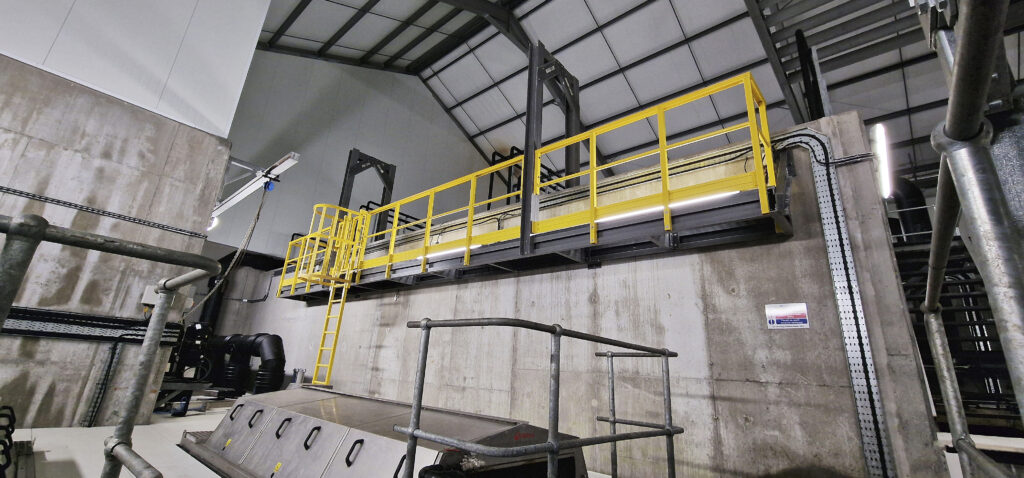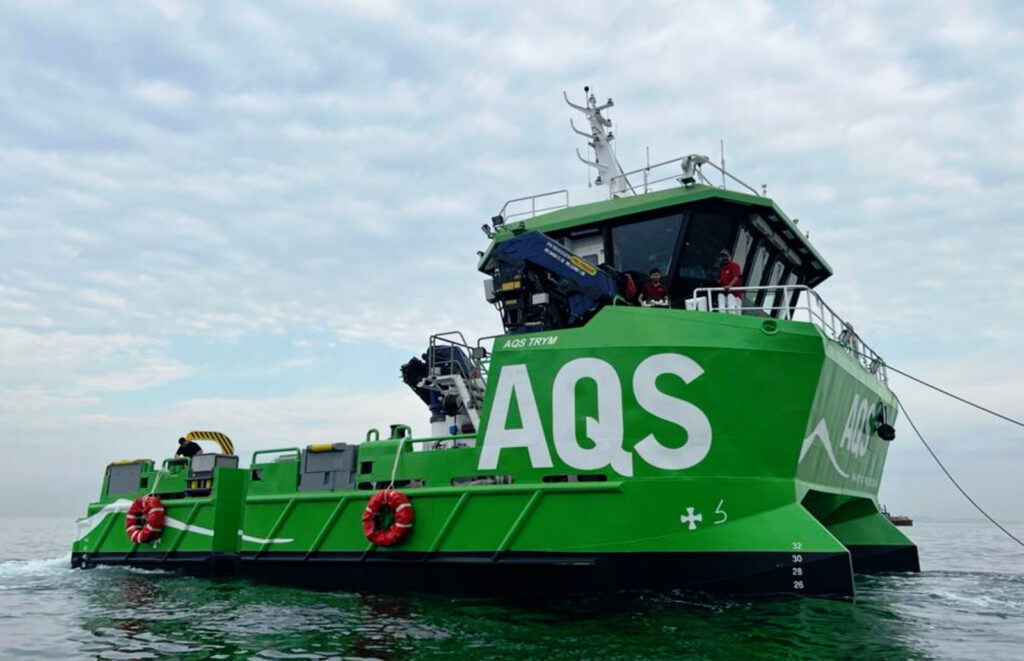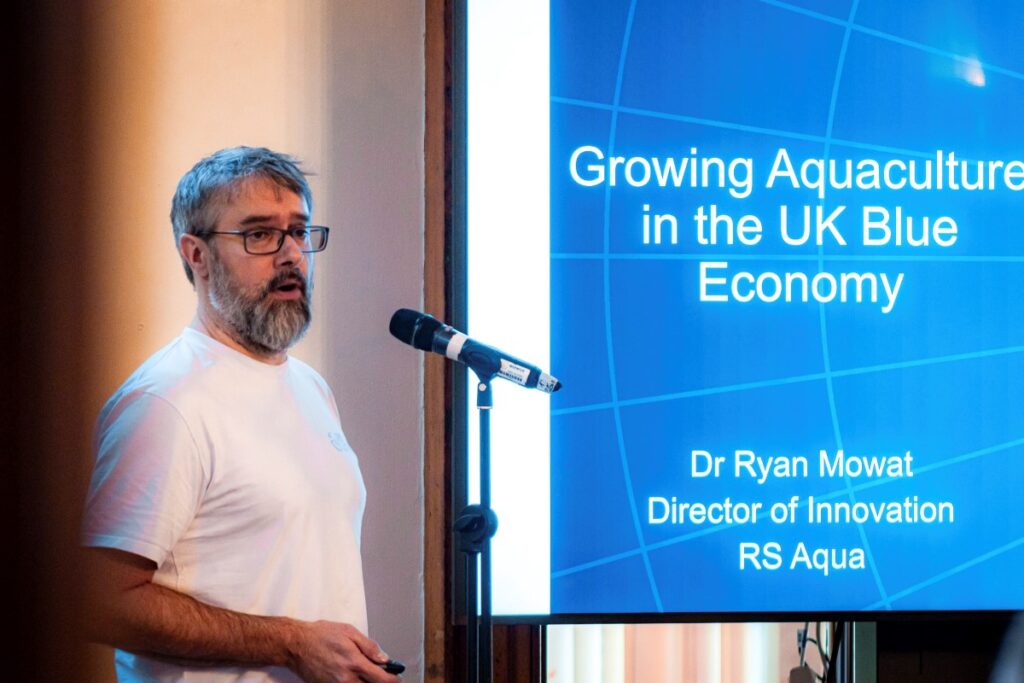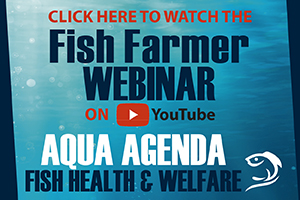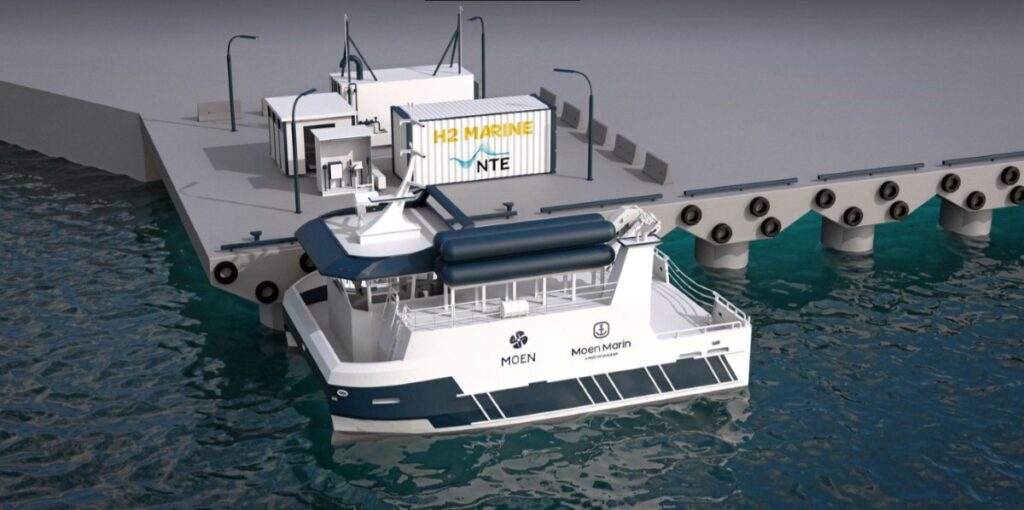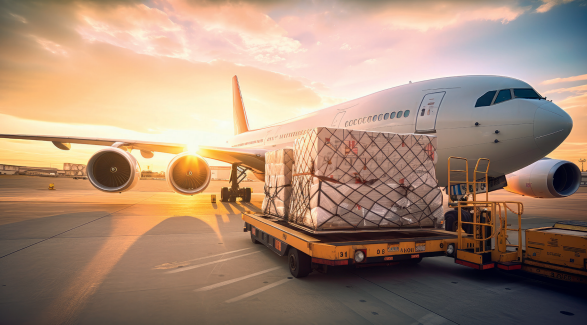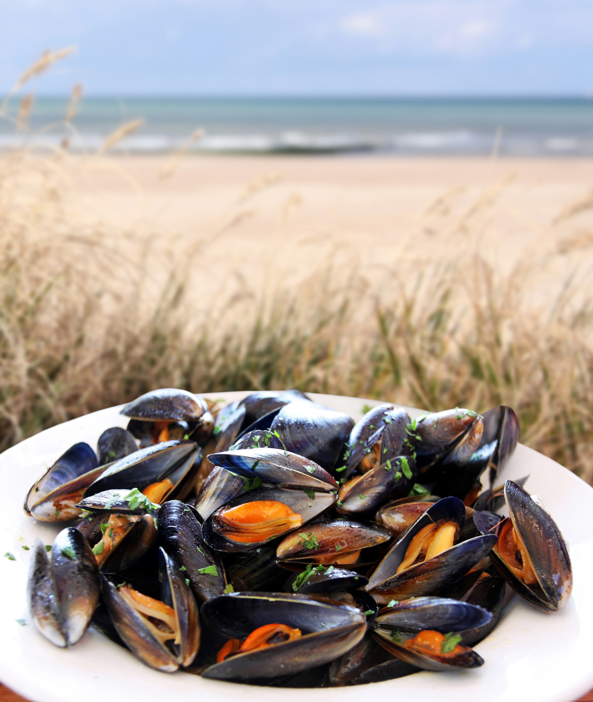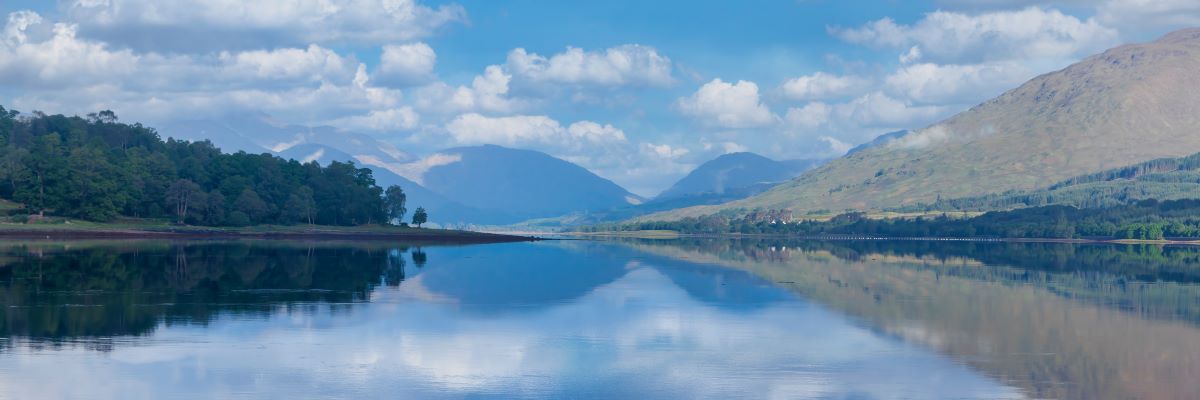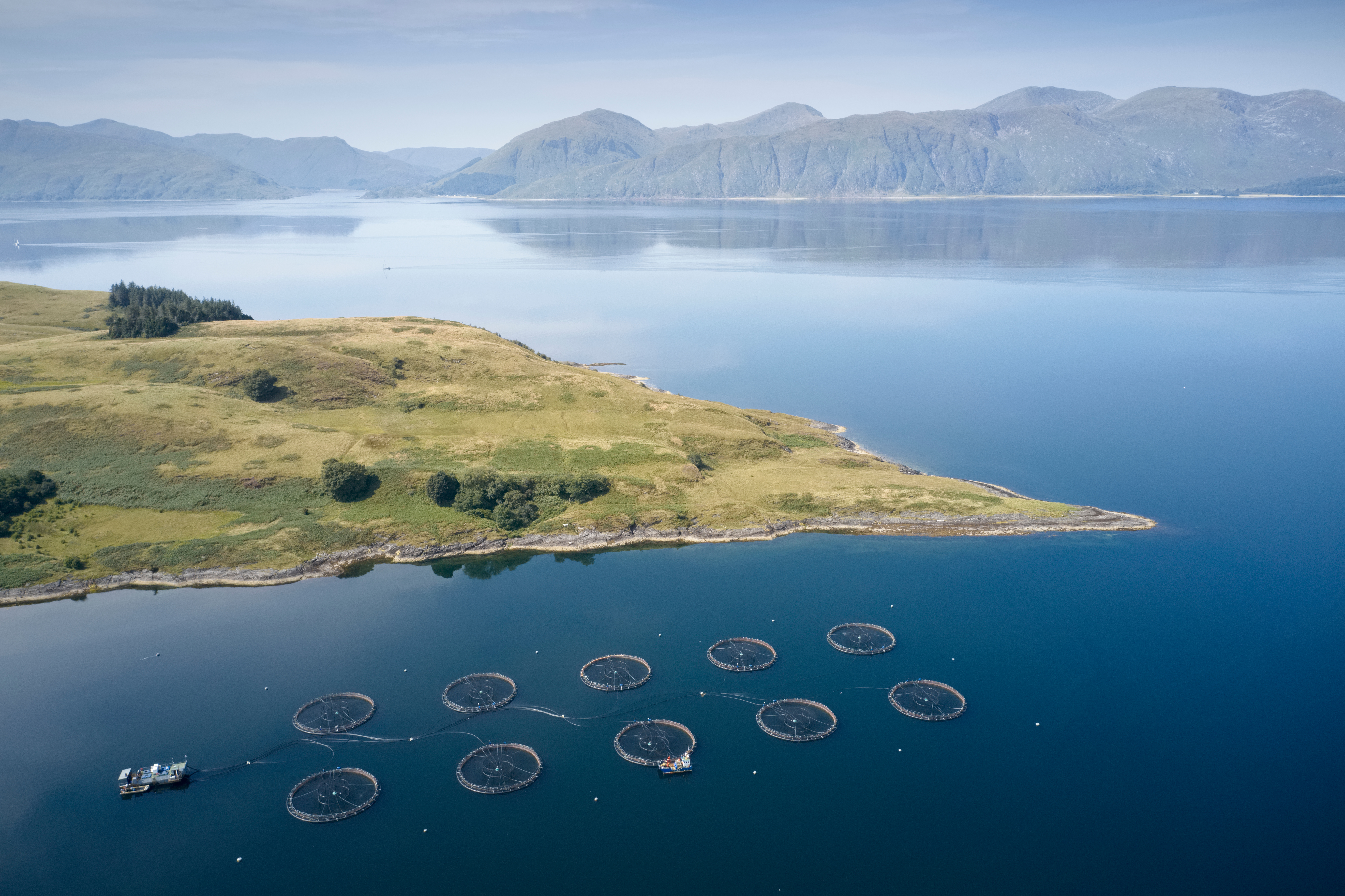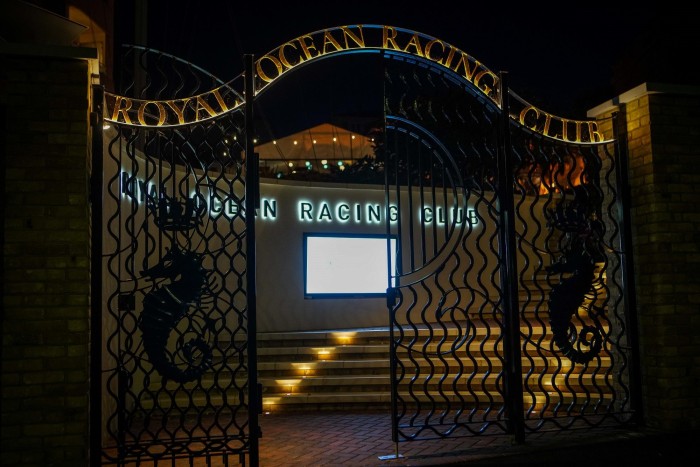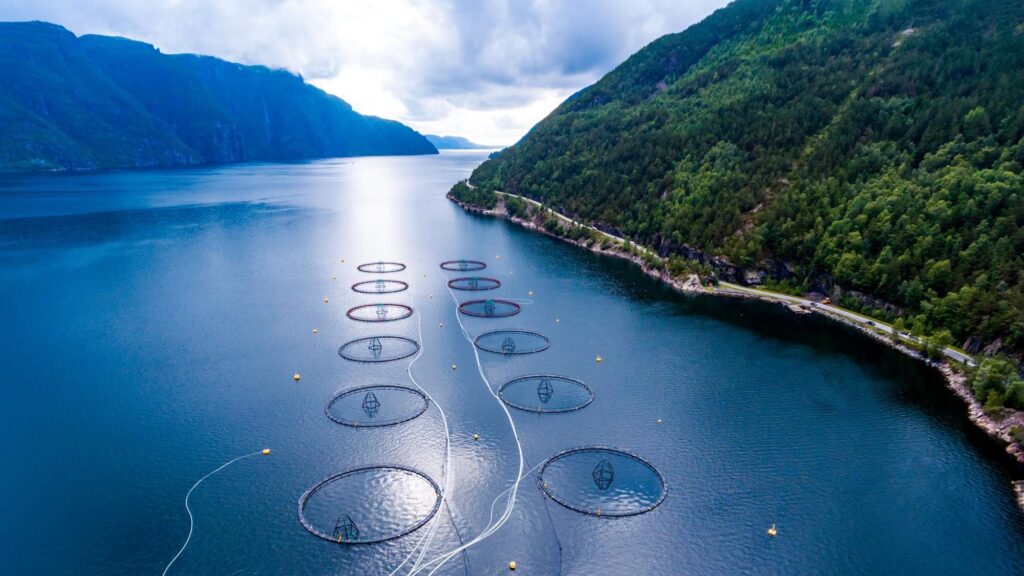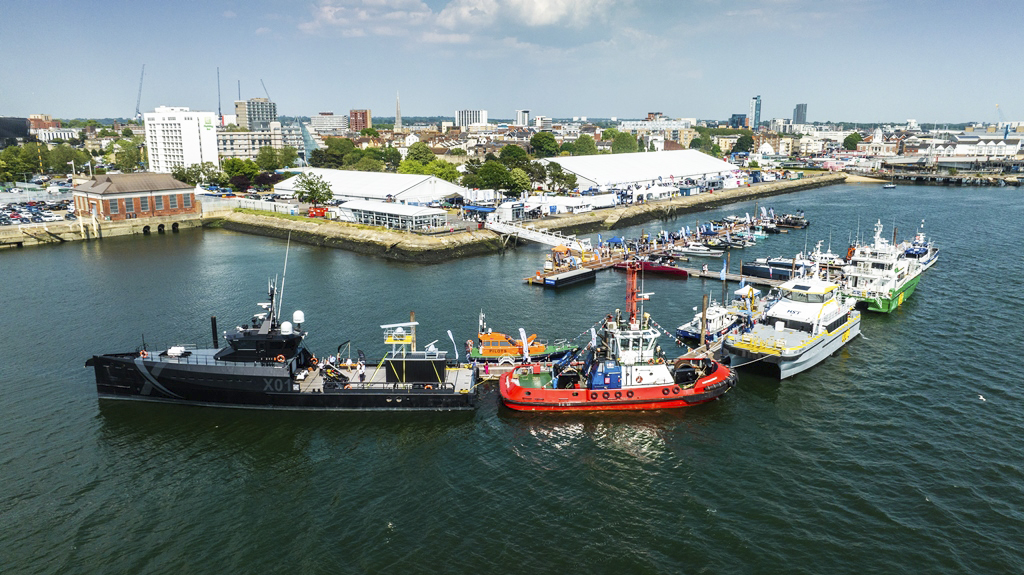Latest News

European Parliament changes smoked salmon rules despite protests
THE European Parliament has decided to press ahead with a potentially controversial change to the regulations around smoked salmon processing. Objections had been raised by the processing sector but they were rejected by the Strasbourg based parliament last week. The...

New finance chief for Nordic Halibut
THE fish farming company Nordic Halibut has a new finance chief to help take the company forward. He is Thomas Scheele Berg (pictured) currently with currently serving as an investment manager at Fred. Olsen Investments. He takes over on August...
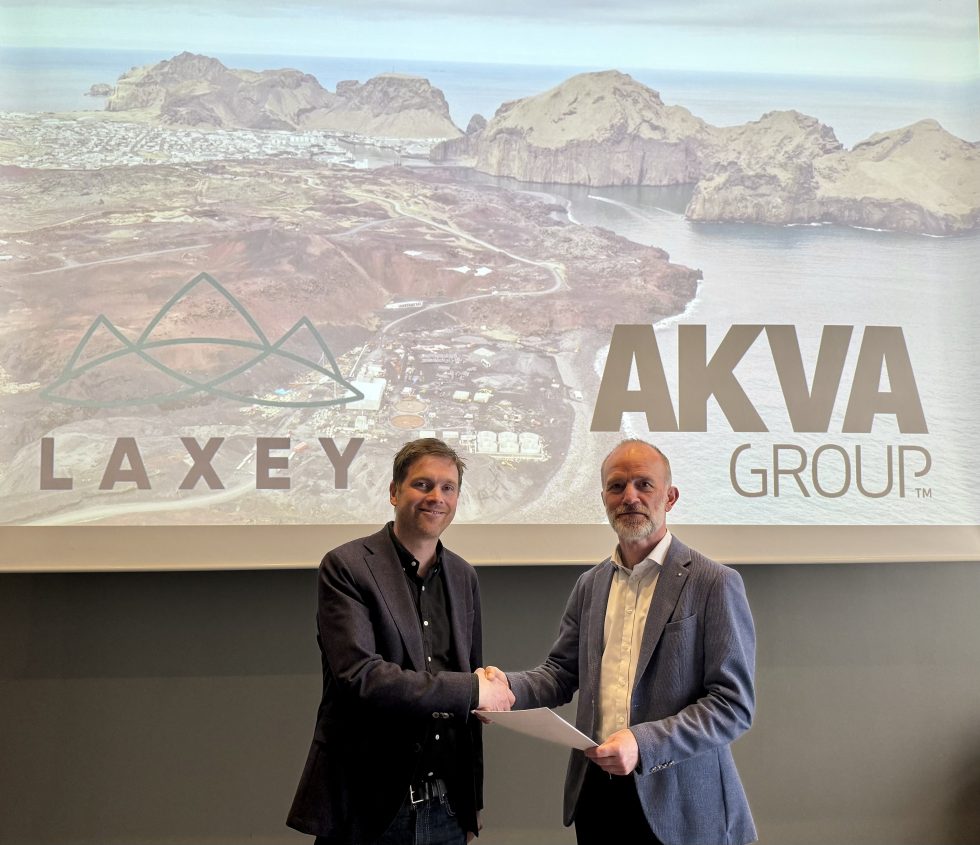
Akva Group wins key Iceland contract
LAXEY, the Icelandic company building a young land based salmon farm in the Westfjords region, has signed a keynote deal with the Akva Group. The agreement will focus on the implementation of re-use technology across the first of six grow-out...
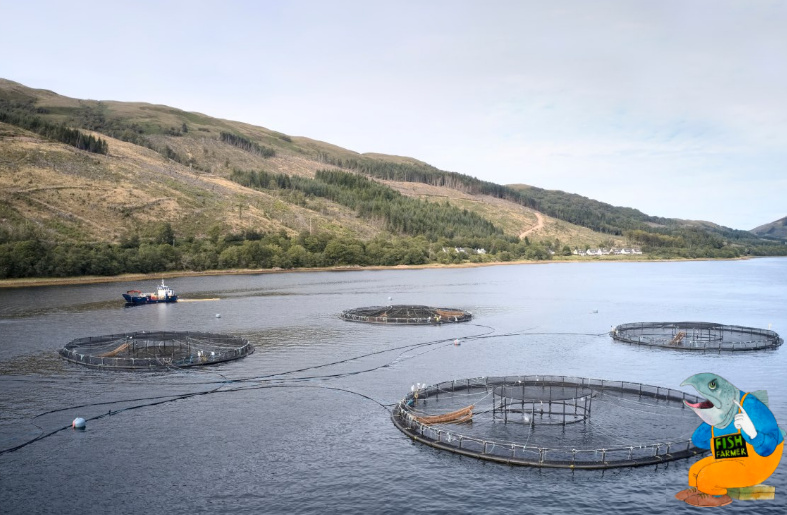
The speed of reaction
Opinion piece by Nick Joy I admit that my mind might not be quite on the job at the moment. Coming back from Sicily by car has been quite an experience. Palermo driving is enough to terrify the most sanguine...
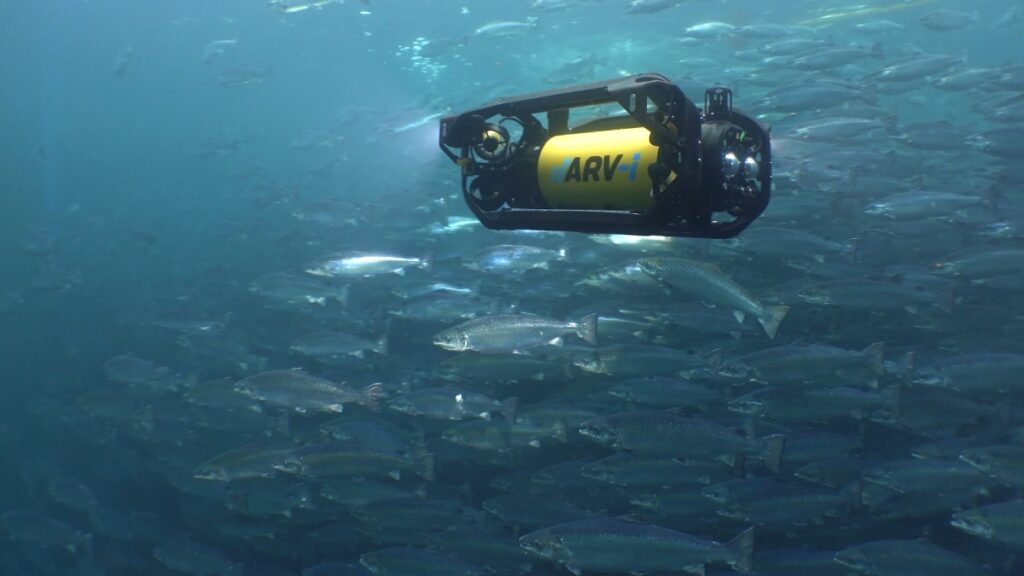
Elevate your fish farming with robotics solutions
Staying competitive in the dynamic fish farming industry requires a comprehensive approach to cover a multitude of inspections. Here to help is ARV-i, a state-of-the-art underwater robot designed by Boxfish Robotics (NZ) and SubC3D (Norway). This single system is engineered...
NEWSLETTER
Stay in touch with the latest developments from Fish Farmer and subscribe to our online updates
What's New

Elevate your fish farming with robotics solutions
Staying competitive in the dynamic fish farming industry requires a comprehensive approach to cover a multitude of inspections. Here to help is ARV-i, a state-of-the-art underwater robot designed by Boxfish...
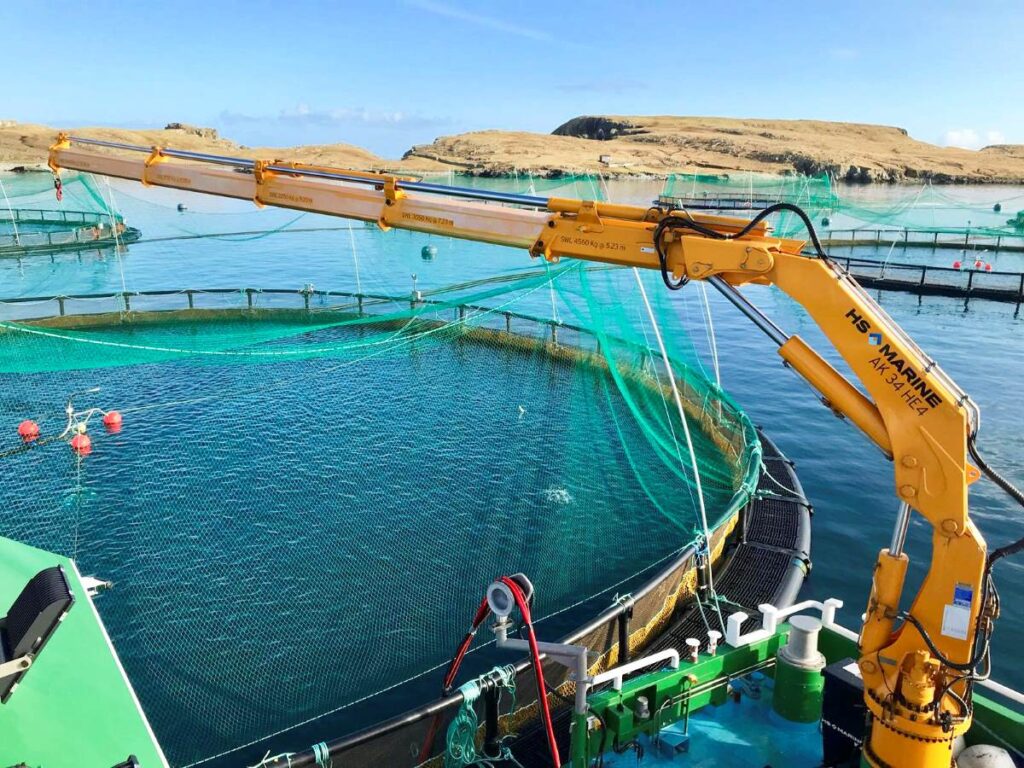
Quality always pays back
Because they are designed with long life and suitability for marine use in mind, HS.MARINE cranes represent a lower cost of ownership The growth of HS.MARINE continues in 2024. The...
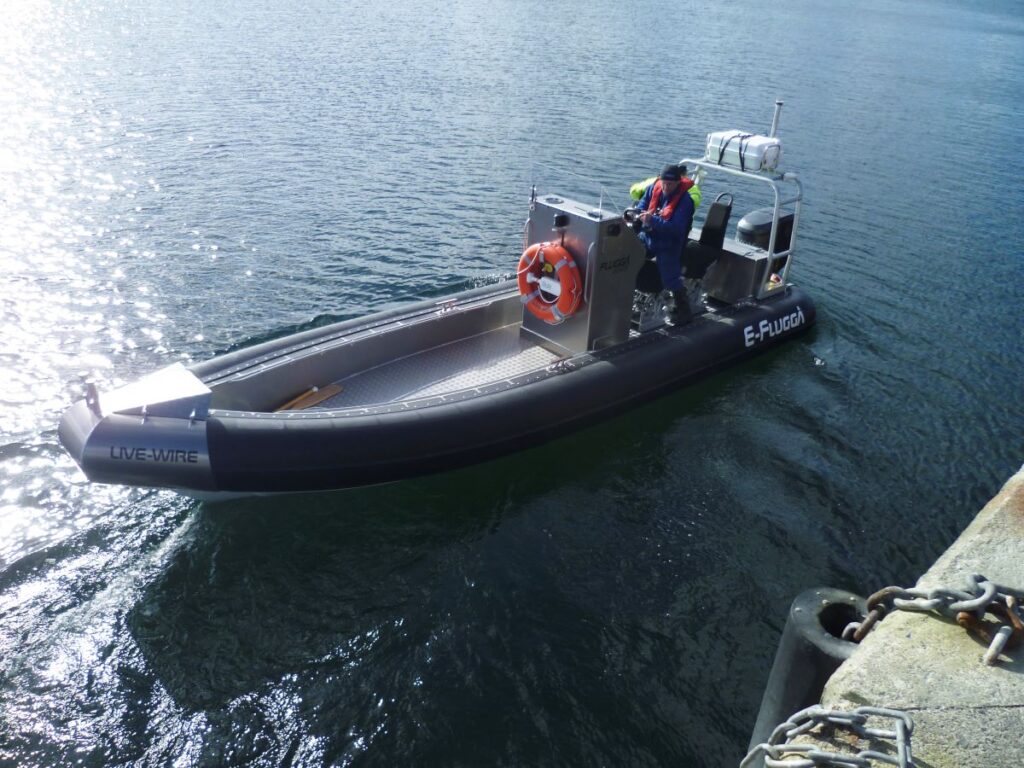
Ready to go
The electric Fluggaboat is coming back to Aviemore Unst Inshore Services Ltd are exhibiting the 100% electric Fluggaboat again at Aquaculture UK 2024. We will also have a representative from...
Jobs
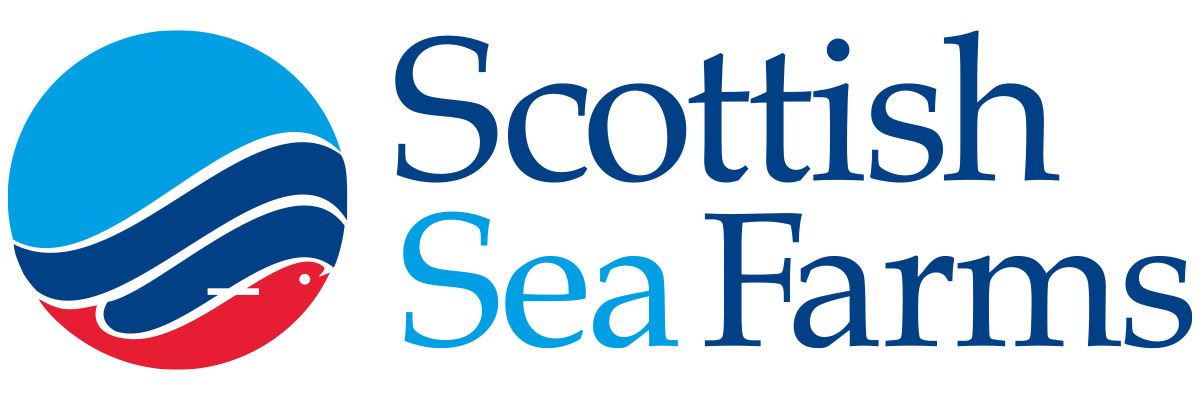
Quality Monitor, Lerwick
We’re currently recruiting for a Quality Monitor at our Lerwick processing plant. The role is within our Quality team who are responsible for ensuring the highest welfare, food safety and...

Senior Husbandry, Orkney
Are you a highly motivated individual looking to expand your career? We are currently recruiting for a Senior Husbandry role to support the Farm manager in the day-to-day operation of...
Features
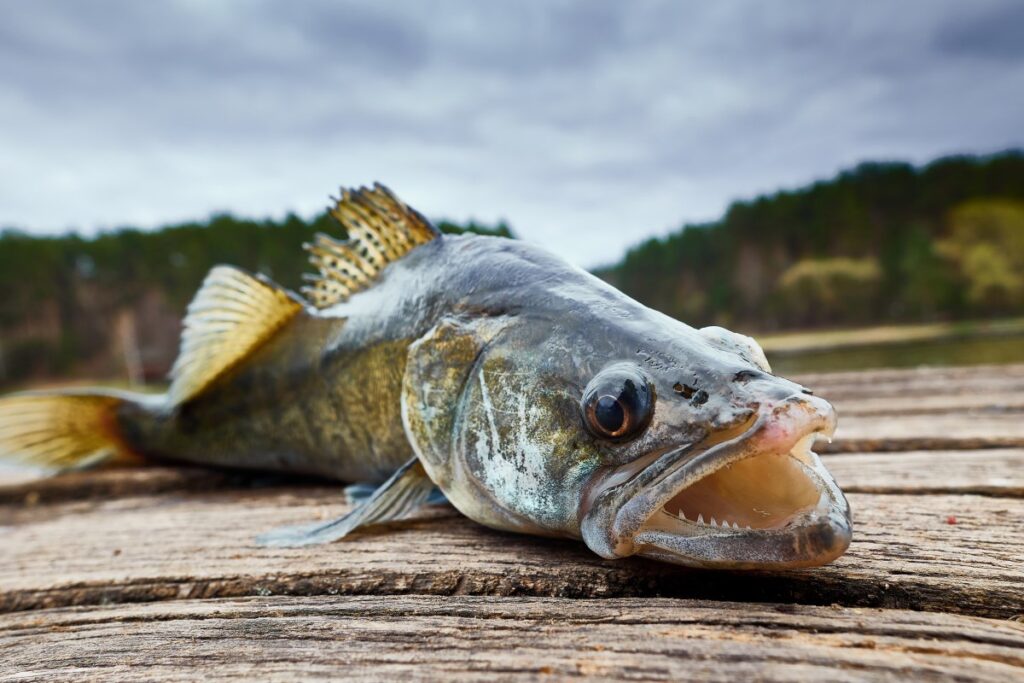
Fit for an emperor
A RAS farm in Germany has been leading the way in raising pike-perch for the table at a commercial scale. Robert Outram reports Mark Saalmann has some advice for any...
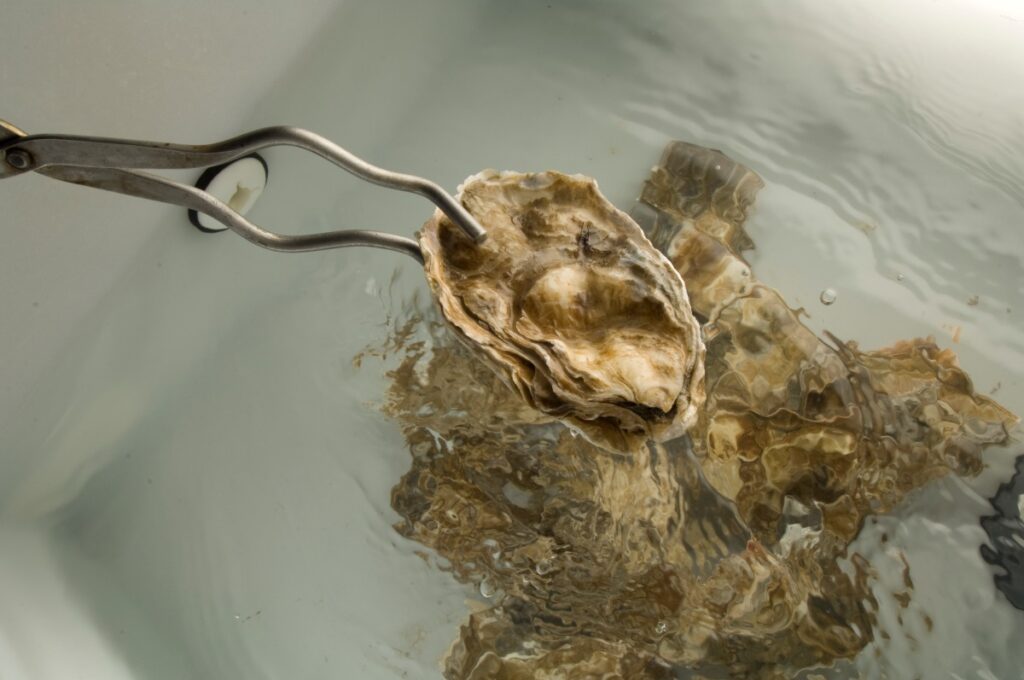
Emerging innovations for the shellfish industry
Innovation could help the shellfish industry adapt to restrictions posed since Brexit, writes Martin Sutcliffe Water quality is an important issue for the aquaculture sector and can be incredibly varied...
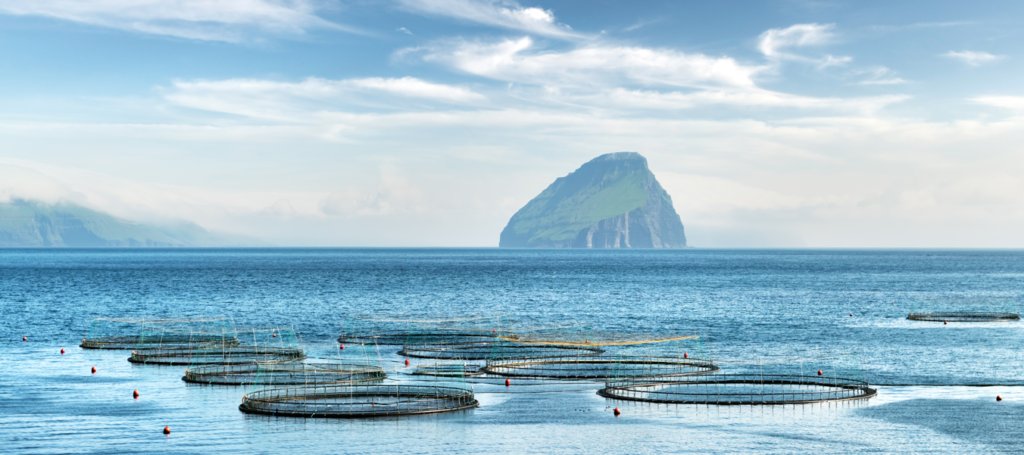
Fjords, the Faroes and flying fish
For a small fish farming nation, this rocky archipelago punches above its weight, writes Robert Outram. Additional reporting: Vince McDonagh The Faroese Research establishment formerly known as Fiskaaling has a...
Opinion

The speed of reaction
Opinion piece by Nick Joy I admit that my mind might not be quite on the job at the moment. Coming back from Sicily by car has been quite an...
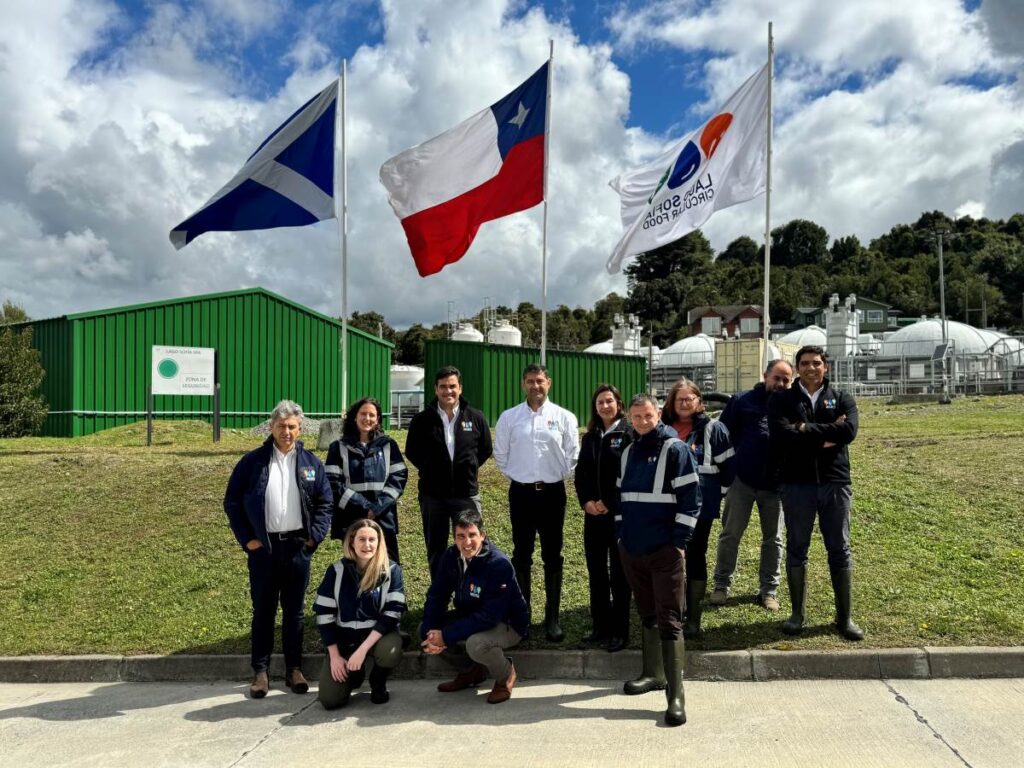
Southern exposure
Scotland was well-represented at the Aquasur trade show in Chile, as Mairi Gougeon reports I have recently returned from an official visit to Chile, promoting Scotland’s aquaculture sector and exceptional...

Why we need exports
By Nick Joy Travelling to Europe is a wonderful thing for widening the mind but also reminding me how much we continue to depend on the good taste of our...
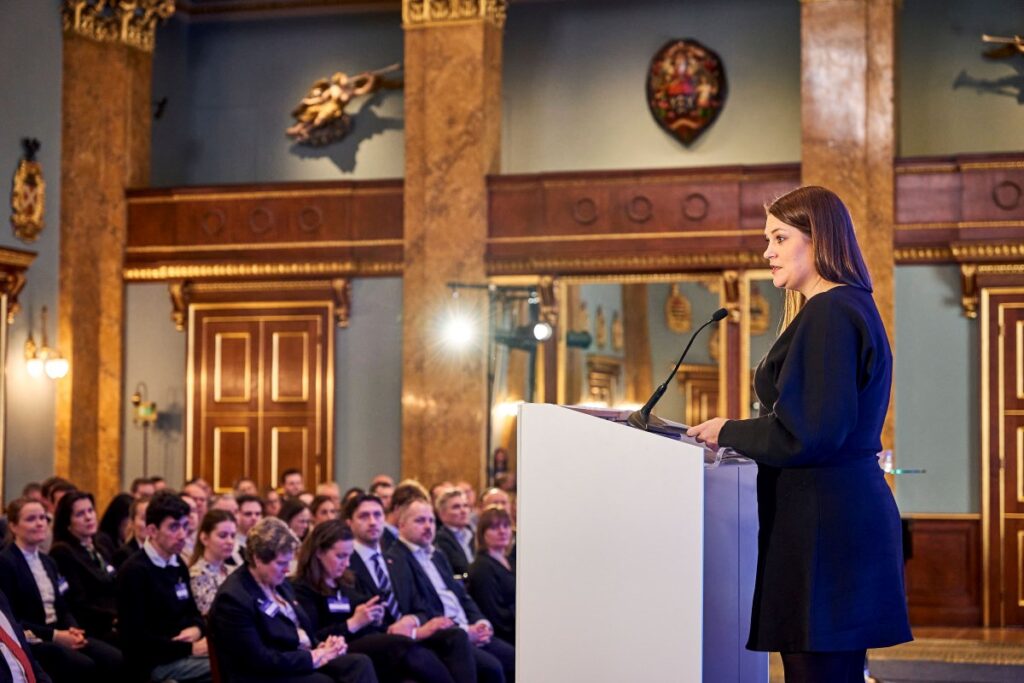
Building up an appetite
How to persuade UK consumers to eat more seafood was a key issue at the Norway-UK Seafood Summit, reports Dr Martin Jaffa At the end of February, Norway came to...
Events
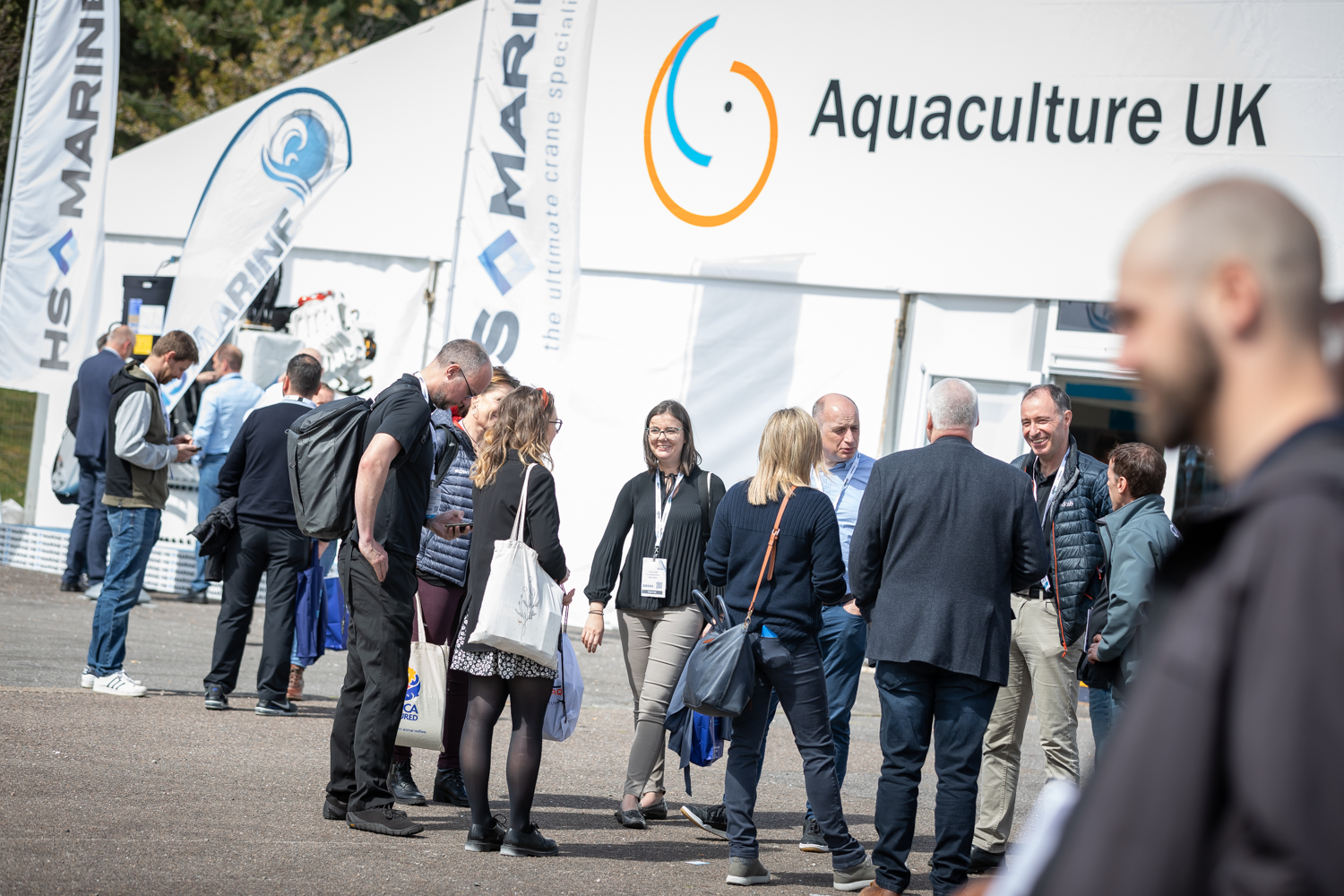
Packed programme for Aquaculture UK’s new Innovation Theatre
Aquaculture UK has unveiled the programme for its first ever Innovation Theatre, with presentations running in parallel with existing Keynote Theatre. The trade show and conference will be held over...
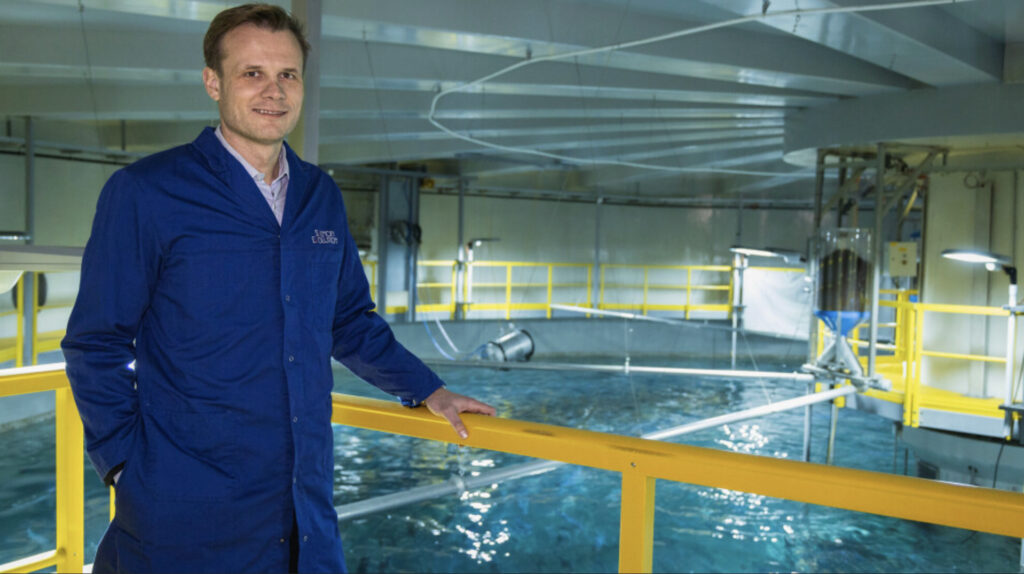
Data will drive the fish farm of the future
As technological advancements continue and costs become more accessible, how are traditional and modern fisheries adopting data-driven approaches and intelligent systems into their production processes? This will be one of...
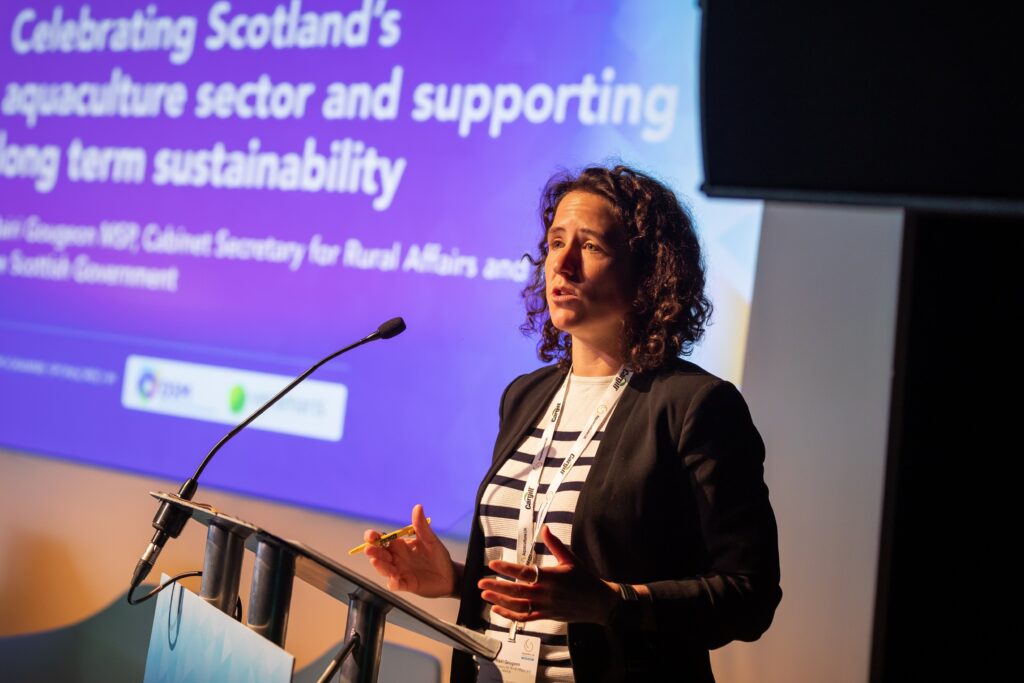
Minister to open Aquaculture UK conference
Scotland’s Rural Affairs Minister, Mairi Gougeon, will head an exciting line-up of speakers at Aquaculture UK, which gets underway in Aviemore in two months’ time. The keynote theatre programme, now...
NEWSLETTER
Stay in touch with the latest developments from Fish Farmer and subscribe to our online updates




